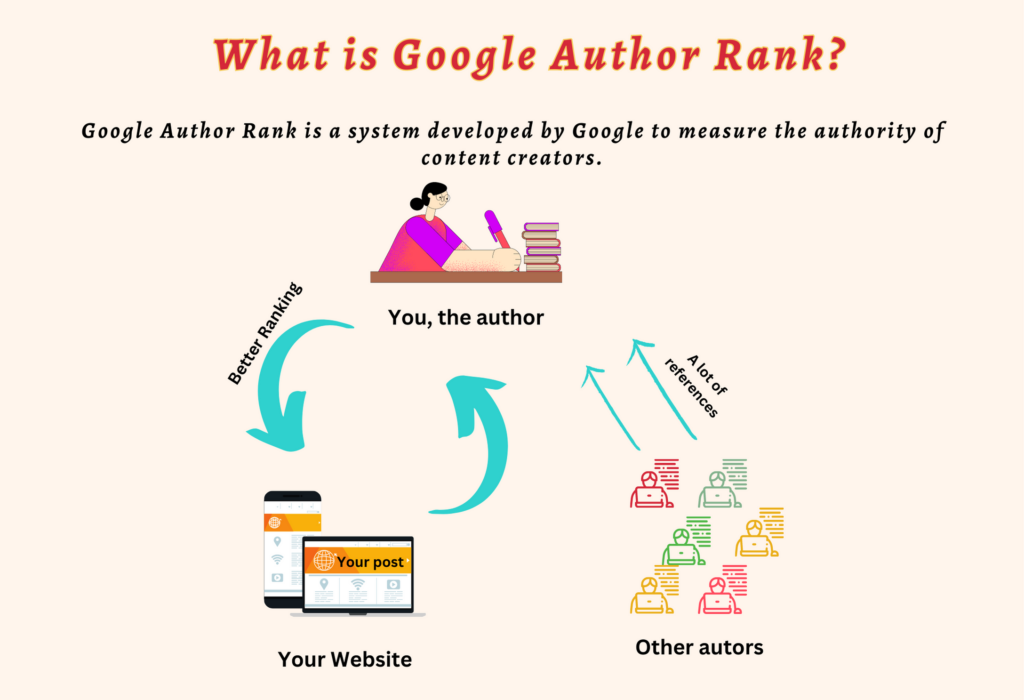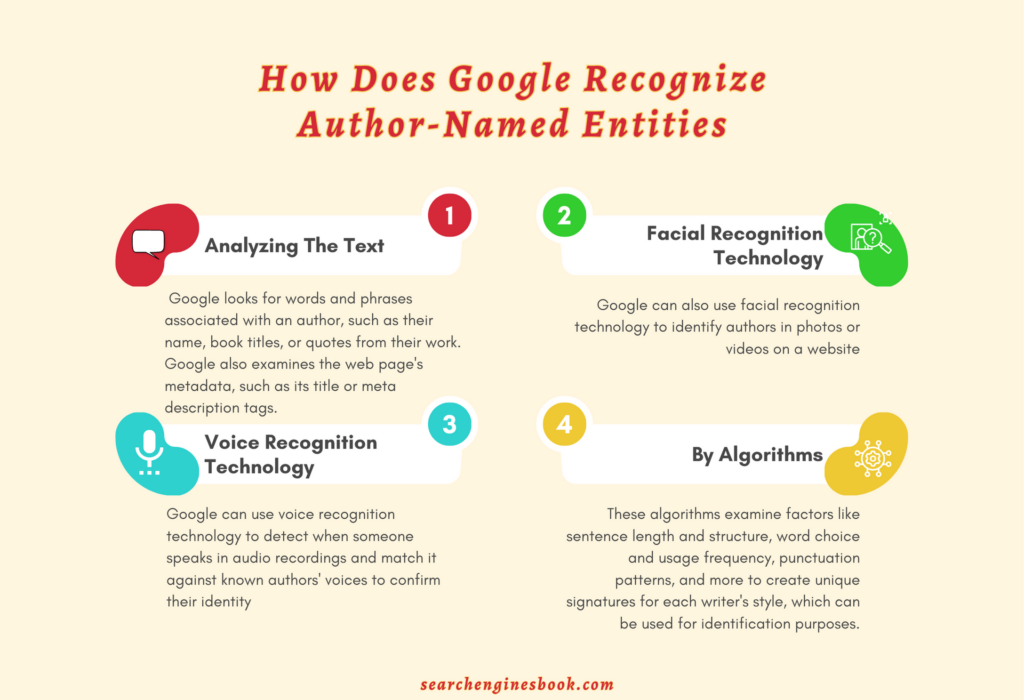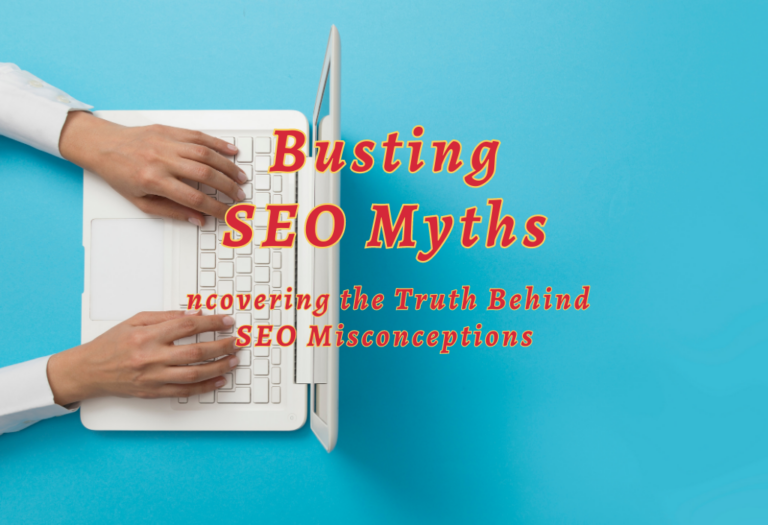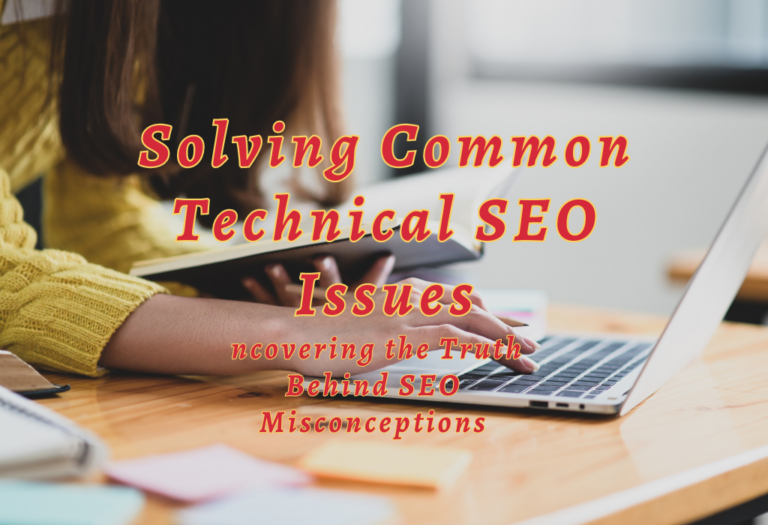Unlocking the Power of Google Author Rank for SEO Success
Google Author Rank is a system used by Google to recognize and rank authors based on their expertise in certain topics. It’s an important part of the search engine optimization process, allowing for better visibility and recognition for content creators.
With this new ranking system, authors can gain authority within specific subject areas, which makes them more likely to be found in search results. To understand how Google Agent works with author tags or tracks authors through patents related to author recognition – you must first know what Google Author Rank is all about and why it matters when optimizing your website SEO strategy.
Read further ahead to learn more about this innovative way that helps establish credibility amongst professionals online!

What is Google Author Rank?
Google Author Rank is a system developed by Google to measure the authority of content creators.
It uses several factors, such as social sharing on Google+, quality of backlinks, interactions with content (comments and shares), timely and topical content, reputation and authority on other social networks, and PageRank, to assess an author’s value.

Essentially, it works like SEO rankings for sites or pages – the more reputable you are as an author online, the higher your ranking will be.
Boosting Author Rank Score
Understanding what goes into calculating an individual’s Author Rank score is key for anyone looking to increase their visibility online through search engine optimization techniques.
Getting a good score in this system requires authors to build out their Google+ profiles and ensure a consistent presence across all their blogs and social media accounts.
Author Rank also considers how well-connected an author is; if they’re producing high-quality content that’s timely and relevant, they’ll likely receive higher scores from Google than someone who isn’t doing those things.
For example, suppose you post regularly about industry news or trends. In that case, you may receive more recognition from search engines than someone who only posts once every few months about unrelated topics.
Additionally, having strong relationships with other influential people in your field can help boost your Author Rank score, too; when these people share or comment on your work, it sends positive signals to search engines which can result in better rankings for both parties involved.
Another factor that affects Author Rank is PageRank – this measures how important a page is within its domain compared to others. Having links pointing back to yours from authoritative sources can help improve your overall ranking score.
How to Set Up Your Google Authorship Account?
If you haven’t already, sign up for a Google+ account and create a Google+ profile with a recognizable headshot.
What is Google Agent?
Google Agent is an algorithm Google uses to identify authors and their content across the web. It uses signals such as author tags, author-named entities, and patents to track authors and rank them based on their expertise.
Google patented Agent Rank in 2005 to assist “agents” known for putting out high-value content in the past and who have earned reputations as authorities across the web to have their future content ranked higher.
Understanding The Diff Between Google Agent And Google Author
Google has developed a way to recognize author-named entities to better understand and rank content. This technology is known as Google Author Rank, which helps the search engine identify authors and their expertise on certain topics.
Google Agent is an algorithm that looks for signals from authors’ web pages, social media accounts, and other sources to determine who they are and what kind of content they produce. It also looks at how often people interact with the author’s work (such as sharing or commenting).
Now comes the main question, how does google know who has written the content? The answer is Author tags!
What are Author Tags ?
Author Tags are snippets of code that can be added to a website or blog post that tells Google who wrote the article or page. These tags help Google distinguish between authors to accurately measure each one’s influence and authority in their field.
Author tags are usually placed in either the section of an HTML document or at the bottom of a page’s body text. The most common tag used is rel=” author.” This tells Google that this particular piece of content was written by a specific author and should be attributed to them in search results.
In addition, authors may also use other types of author-specific metadata such as their name, profile picture, bio, and social media links. This allows users to search for content related to a topic or person to find relevant material more easily. For example, if someone searches for “John Doe SEO,” they will likely see articles written by John Doe first since his name has been associated with those keywords through his Author Tag.
Google also uses these tags as part of its algorithm for determining which pieces of content should appear higher up in its search rankings than others based on how authoritative each author is on that subject matter.
It does this by tracking how often an article from one particular author appears in its index compared against another’s and then ranking them accordingly based on quality and relevance metrics such as backlinks pointing towards it from other websites and social shares across various platforms Twitter and Facebook, etcetera.
Overall, Author Tags provide readers looking for specific topics or people with easier access to relevant material while helping authors get their work noticed by giving them greater visibility within search engine results pages (SERPs).
How does Google Track Authors?
Author tags are HTML elements embedded in a web page that contain information about the author, such as name, website address, and email address. When these tags are on a page, it allows Google to attribute content to its creator accurately.
Named entities refer to words or phrases associated with specific people or organizations (e.g., Bill Gates). By recognizing these names within content, Google can better understand who wrote it and how authoritative they may be in their expertise.
Patents give creators exclusive rights over their work for a set period and provide another layer of protection against plagiarism or copyright infringement claims from other sources online. This helps ensure that only the original creator receives credit for their work when indexed by search engines like Google.
Understanding how Google tracks authors can help businesses create more effective SEO strategies and optimize their websites for higher rankings on SERPs (Search Engine Results Pages).
Do Google Rank Authors Base on Their Expertise?
Google does rank authors based on their expertise in a particular field or topic area. This ranking system helps ensure that only quality content from experts is seen by the search engine and ranked higher than other content written by less experienced authors or those with less knowledge about the topic.
The process of author recognition involves the following:
Google analyzes an author’s online presence, including blog posts, social media profiles, and other web pages, to determine if they are a credible source of information for any given subject matter. The more authoritative sources an author has been published in, the higher their score will be when it comes to being recognized as an expert in their field.
Google also looks at how often an author’s work is shared across various platforms, such as Twitter and Facebook, to further assess their level of expertise. If readers share your content frequently, this can be taken as a sign that you know what you’re talking about! Additionally, featuring your work on reputable websites can help boost your credibility.
To maximize your chances of being recognized as an expert by Google’s algorithm, it’s important to ensure all of your content is well-written and contains accurate information related to its subject matter.
You should also strive for consistency; regularly publishing high-quality pieces on topics within your chosen niche will help demonstrate depth and breadth of knowledge over time, leading to increased rankings within search results pages (SERPs).
How does Google recognize Author-Named Entities?
To identify authors’ names correctly across all platforms – websites, blog posts, etc. Google uses several patents, including Authorship Identification Patent (US 8351750 B2), which allows them to detect entities based on name recognition algorithms using natural languages processing techniques like semantic analysis and entity extraction methods from text documents.

This patent enables them to match up multiple versions of a person’s name across different sites so that they know exactly who authored each piece of content regardless of where it was published online.
What are the patents for Author Recognition?
Google has several patents related to author recognition.
The most notable is the “Author Rank” patent, which was filed in 2011 and granted in 2013. This patent describes a system for recognizing authors based on their expertise and reputation within a domain or topic area.
It also covers methods for assigning an “author rank” score to each author, which can be used to determine how authoritative content from that author should be ranked by search engines.
The second patent is the “Agent Rank” patent, which was filed in 2012 and granted in 2014. This patent describes a system for recognizing agents (such as companies or organizations) based on their domain or topic area authority.
It also covers methods for assigning an “agent rank” score to each agent, which can be used to determine how authoritative content from that agent should be ranked by search engines.
The third patent is the “Author Tags” patent, which was filed in 2015 and granted in 2017. This patent describes a method of tagging content with information about its authorship so that it can more easily be identified by search engine algorithms when ranking results pages according to the relevance and authority level of the source material’s creator(s).
The tags include information such as name, title/position at company/organization, website URL associated with author profile page(s), social media profiles associated with author profile page(s), etc., allowing search engine algorithms to quickly identify who wrote what piece of content when determining rankings for any given query string entered into the engine’s interface by users searching online resources via web browsers or mobile apps powered by those same engines’ APIs (Application Programming Interfaces).
FAQs About Google Author Rank
Conclusion
In conclusion, Google Author Rank is an important SEO and content marketing tool. It allows authors to be recognized by Google based on their expertise and authority in a certain field. Using author tags, Google can track authors’ contributions across the web and rank them accordingly.
By utilizing this tool correctly, businesses can leverage their content marketing efforts to gain more visibility online through improved rankings. Ultimately, understanding how to use Google Author Rank will help you get better results from your SEO strategy.
Are you looking to improve your website’s visibility in Google search results? Look no further! With our expertise in Search Engine Optimization, Site Architecture, Web Site Usability, and User Experience (UX), we can help boost your ranking on Google. Contact us today to learn more about how we can increase your Author Rank and maximize the potential of your online presence.






